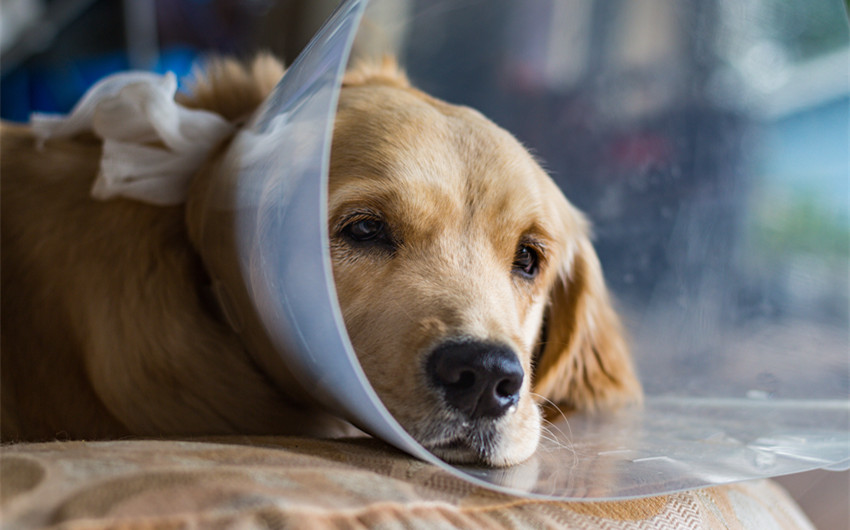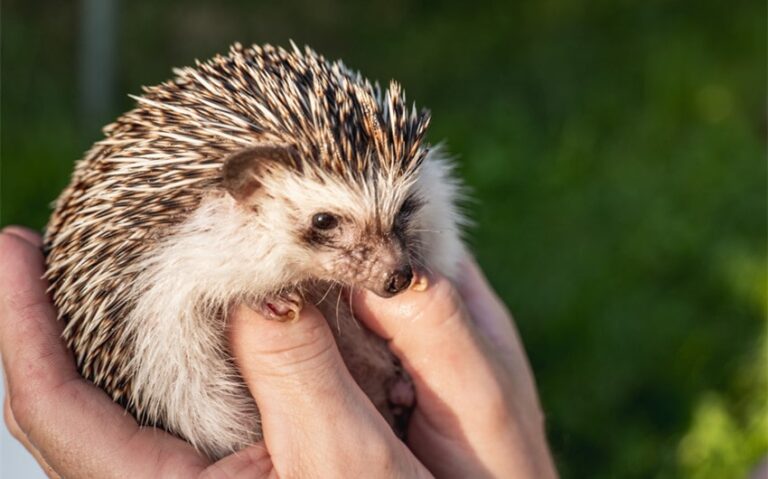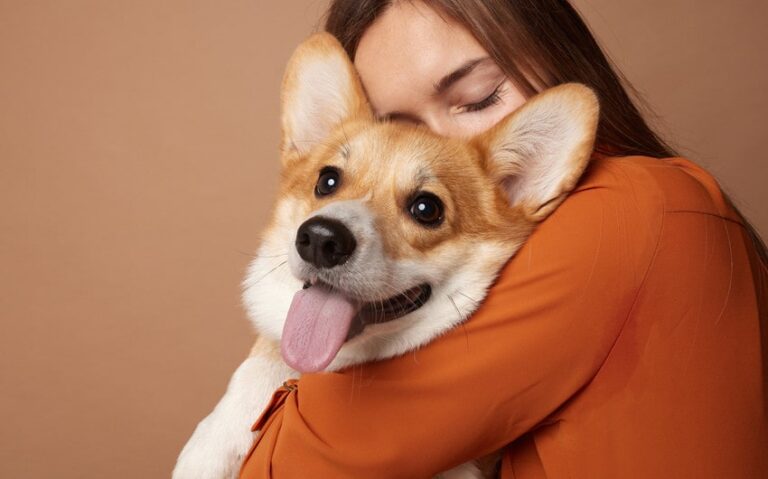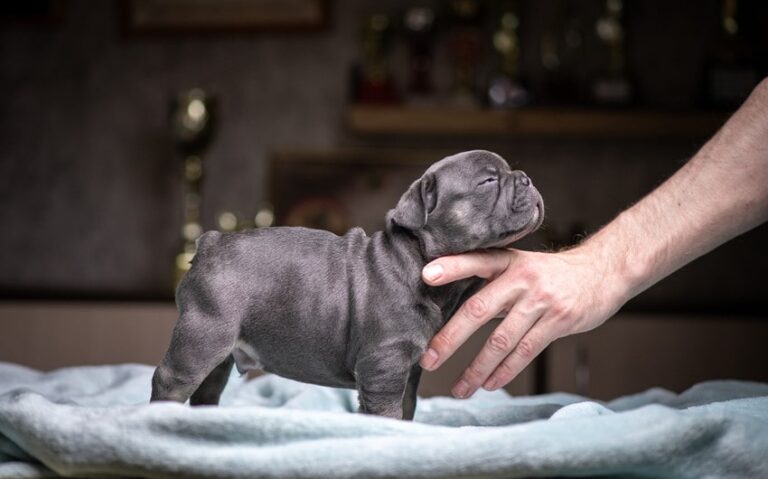6 Important Health-Based Reasons Not to Neuter Your Dog
Neutering is a common recommendation for dog owners, but it’s not always the right choice for every pet or situation. While there are benefits, there are also valid reasons not to neuter your dog—and they deserve thoughtful consideration. From health concerns to behavioral impacts, the decision goes beyond just preventing puppies.
If you’re unsure or feeling pressured to make a choice, understanding both sides of the issue can help you make a more informed, balanced decision for your furry companion. Here’s a look at why some owners choose to skip the procedure and what factors might influence that choice.
1. Potential Health Risks After Neutering
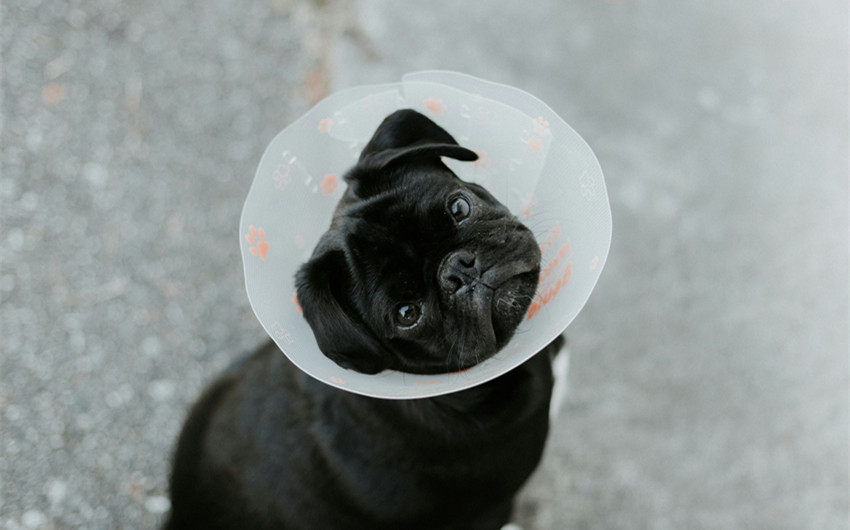
While neutering is often promoted as a way to prevent certain health issues—such as testicular cancer or prostate problems—it’s important to recognize that the procedure can also introduce its own set of health risks, especially when done too early.
One concern is the increased risk of certain cancers. Research has shown that neutered dogs, particularly large-breed males, may have a higher likelihood of developing osteosarcoma (a type of bone cancer) and hemangiosarcoma (a cancer of the blood vessels). Some studies also link neutering to a higher risk of prostate cancer, even though it reduces the risk of benign prostate enlargement.
Additionally, neutering—especially when done before full physical maturity—can affect the development of joints and bones. The removal of testosterone can delay the closure of growth plates, potentially leading to hip dysplasia, ACL injuries, or other orthopedic issues, particularly in breeds like Golden Retrievers, Labradors, and German Shepherds.
Hormonal changes may also influence metabolism, immune function, and thyroid health, which could increase the risk of conditions like hypothyroidism or obesity. While not all dogs experience these issues, it’s a reminder that neutering isn’t a one-size-fits-all solution and should be timed and considered carefully based on breed, size, and overall health.
2. Impact on Physical Development
Testosterone plays a crucial role in a dog’s growth and physical maturation. When a dog is neutered before reaching full maturity—especially in large or giant breeds—it can affect how their body develops in ways that may not always be ideal.
One major concern is that early neutering can delay the closure of the growth plates in bones. This can result in the legs growing slightly longer than they would have otherwise, potentially leading to imbalanced limb proportions and joint stress, which may increase the risk of conditions like hip or elbow dysplasia, particularly in breeds already prone to orthopedic issues.
Additionally, testosterone helps with muscle tone, bone density, and the development of secondary sexual characteristics such as a broader chest or thicker neck. Without it, neutered dogs may have a leaner build and weaker musculature, which can affect their agility and strength—especially important for working dogs or those involved in sports.
Lastly, metabolic changes after neutering can make dogs more prone to weight gain, even with the same diet and activity level. This extra weight can further stress joints and organs, making physical development concerns even more pronounced over time.
3. Behavioral Changes May Not Be Positive

Many dog owners are told that neutering will “calm their dog down” or solve unwanted behaviors like aggression, marking, or mounting. While neutering can reduce certain hormone-driven behaviors—especially in some dogs—it’s not a guaranteed behavioral fix. In fact, it may sometimes lead to unexpected or even negative behavior changes.
In some cases, removing testosterone can result in a dog becoming more fearful, anxious, or timid. Studies have shown that certain neutered males may be more reactive or defensive, particularly if they were already nervous or insecure prior to the procedure. Without the hormonal confidence boost, some dogs can become less socially stable, especially around other dogs.
It’s also important to note that neutering does not resolve learned or environmental behaviors. If a dog is aggressive due to fear, lack of training, or trauma, neutering alone won’t address the root cause. In fact, reducing testosterone doesn’t always curb aggression—and in some cases, dogs may become more snappy or unpredictable.
Rather than viewing neutering as a quick fix for behavior problems, it’s best to consider it as one piece of a much larger picture involving training, environment, and individual temperament.
4. Breeding Intentions and Lineage Preservation
One common reason some dog owners choose not to neuter is to preserve the potential for responsible breeding, especially when they have a dog with exceptional health, temperament, or lineage. In the case of purebred dogs that meet breed standards and come from reputable lines, allowing them to reproduce may support efforts to maintain or strengthen the breed’s genetic diversity.
For enthusiasts, breeders, and working dog handlers, neutering eliminates the possibility of contributing to future generations of high-quality dogs. This is particularly relevant for breeds that serve specialized roles—such as service dogs, herding dogs, or detection dogs—where temperament, trainability, and physical ability are crucial traits passed down through breeding.
It’s worth noting that ethical breeding requires time, knowledge, and responsibility. If a dog owner is committed to health testing, proper pairings, and finding suitable homes for puppies, choosing not to neuter becomes a thoughtful decision, not an irresponsible one. Neutering would permanently remove that option, even if plans for breeding change later.
5. Cultural, Ethical, or Religious Beliefs

For some pet owners, the choice not to neuter goes beyond science or behavior—it’s tied to personal, spiritual, or cultural values. Different cultures around the world have varying beliefs about altering animals, and for many, neutering is seen as unnatural or even disrespectful to the animal’s integrity.
In some cases, people believe that animals should remain in their natural state unless a medical condition requires otherwise. Others may follow holistic or traditional approaches to pet care that prioritize balance, energy, and non-invasive practices. Religious beliefs can also influence decisions around surgical sterilization, especially if altering a creature is viewed as interfering with creation or divine design.
While these reasons may not resonate with everyone, it’s important to respect that each dog owner’s decision can be deeply personal. As long as the pet’s well-being and safety are still prioritized, choosing not to neuter for belief-based reasons deserves the same thoughtful consideration as any other choice.
6. You Can Manage Reproduction Responsibly
One of the strongest arguments in favor of neutering is to prevent accidental litters and reduce pet overpopulation. But the reality is, not every intact dog ends up breeding—and many responsible owners take effective steps to manage their dog’s reproduction without surgery.
Supervision, secure fencing, leashing during walks, and separation from dogs of the opposite sex during heat cycles can go a long way in preventing unplanned mating. Conscientious pet ownership means knowing your dog’s behavior and staying one step ahead—just like you would with any other safety concern.
Additionally, in some countries and regions, temporary or alternative sterilization options (like male dog vasectomies) are available. These procedures preserve hormone function while preventing reproduction—offering a middle ground for owners who want control without permanent removal of the testes.
Ultimately, surgery isn’t the only path to responsible pet care. With awareness, planning, and commitment, many pet owners successfully avoid accidental breeding—while still honoring their decision not to neuter.

